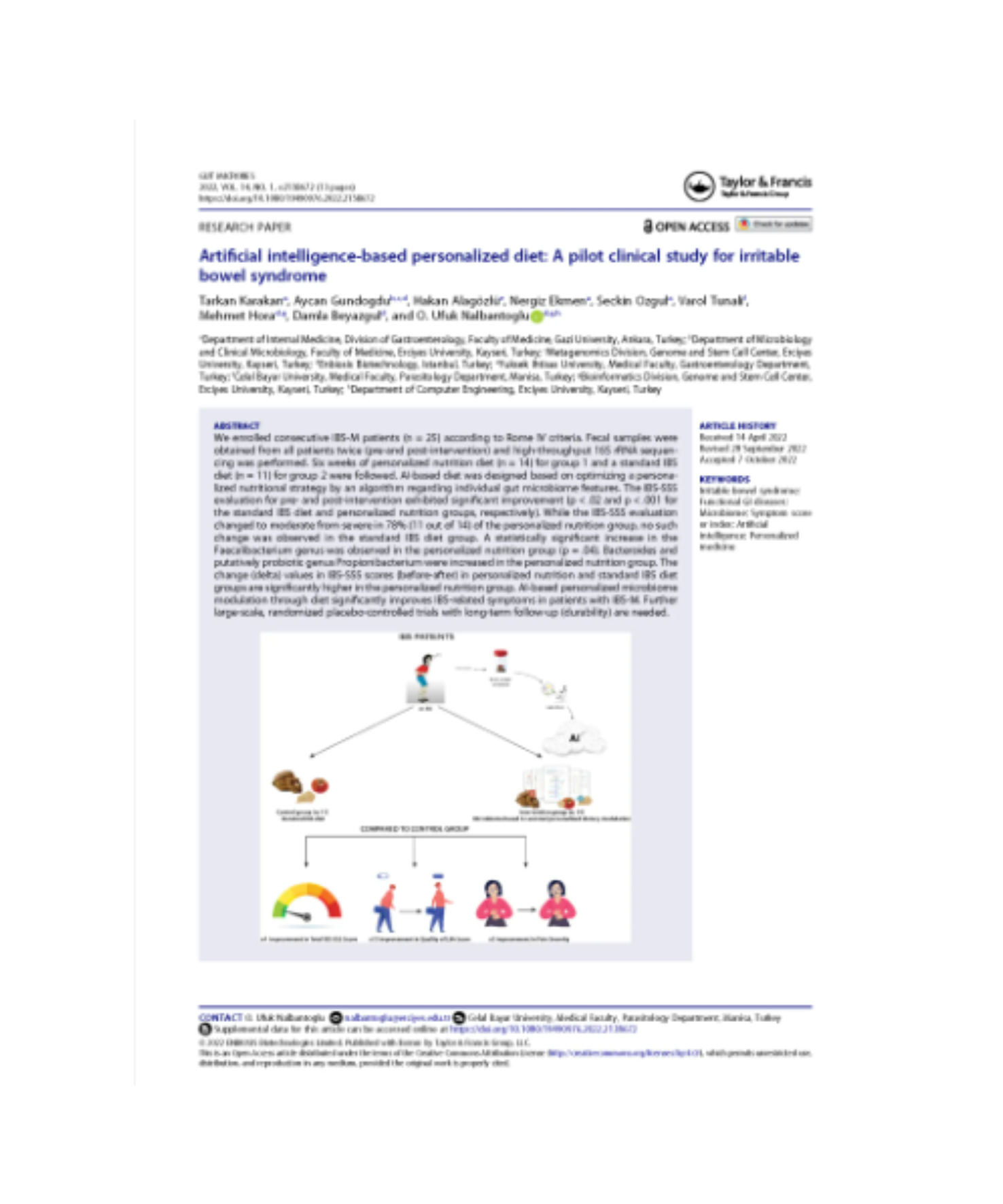
Irritable bowel syndrome
pilot study
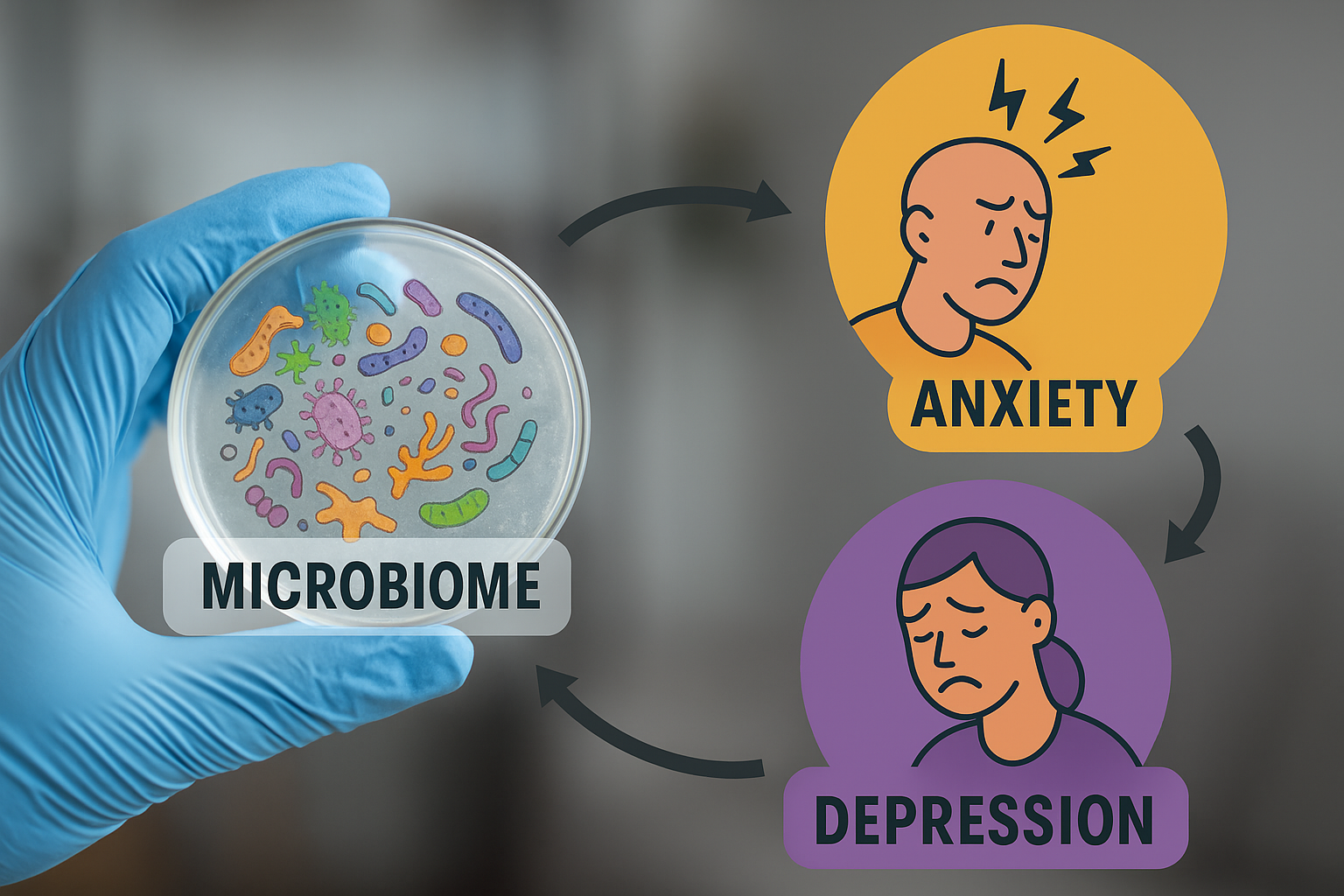
Anxiety and Depression May Begin in the Gut
The connection between gut health and mental well-being is stronger than ever, with research showing that the gut microbiome plays a key role in regulating mood, anxiety, and even depression. This article breaks down how gut bacteria communicate with the brain through the gut-brain axis and influence the production of mood-related neurotransmitters.
If you’re curious about how improving your gut health could support emotional balance, this is a great place to start. Learn how diet, inflammation, and microbial diversity all tie into the bigger picture of mental health.
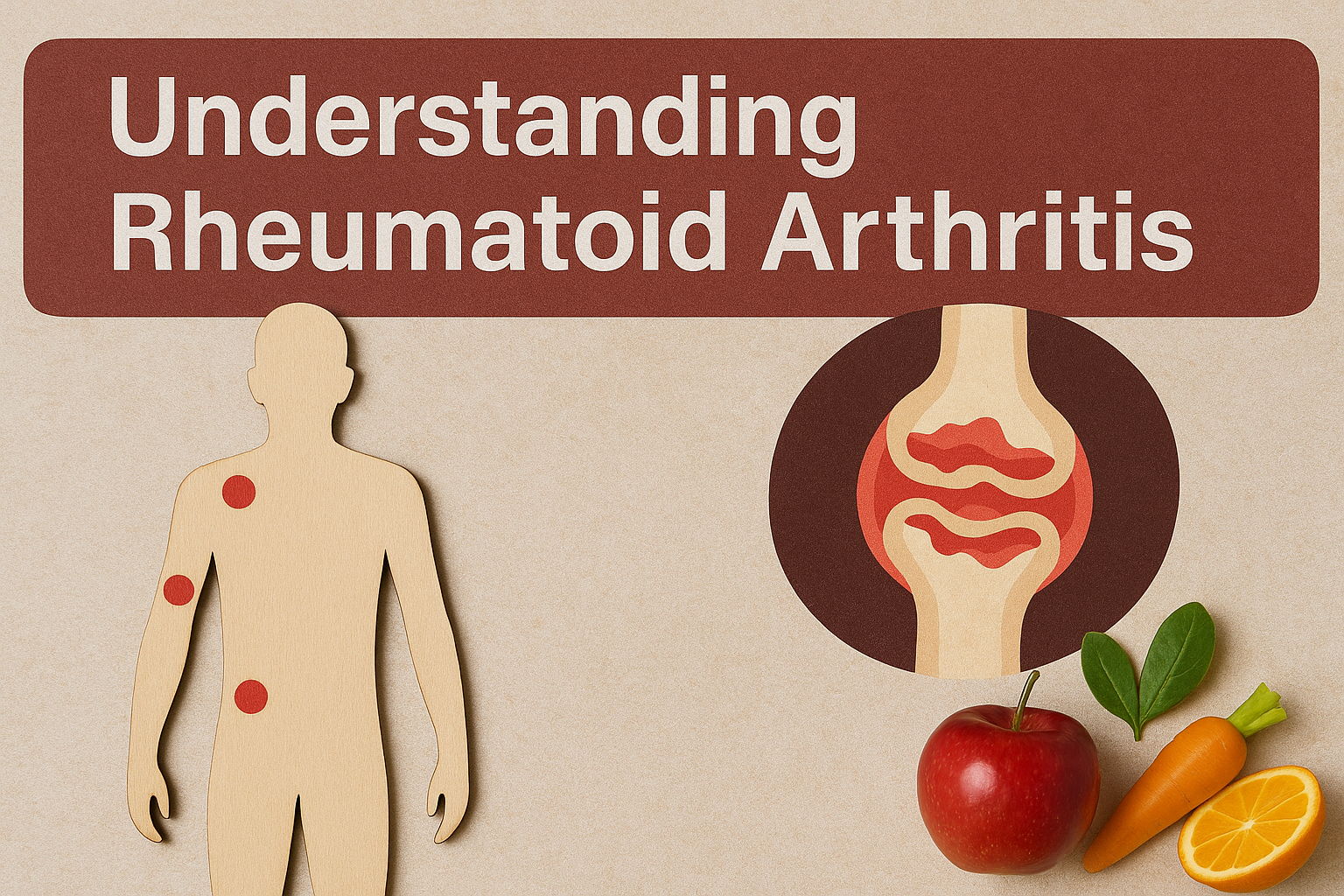
Understanding Rheumatoid Arthritis
Rheumatoid Arthritis (RA) is often misunderstood as just joint discomfort—but it’s much deeper than that. RA is an autoimmune condition that can affect your entire body, and growing research shows your gut microbiome may be a key player in triggering or easing those symptoms.
In this feature, we break down how RA develops, what role your immune system and gut health play, and how you can take proactive steps to support your overall well-being—starting from the inside out.

Microbiome-based approach on IBS
Over the past decade extensive research has proved that the biological diversity of the gut microbiome and a disruption in the balance of the ecosystem (dysbiosis) play an important role in the pathogenesis of gut diseases.
At ENBIOSIS Biotechnology, we analyze the gut microbiome using artificial intelligence technologies and recommend foods and supplements that can modulate the microbiome and drive it towards a targeted healthier state. We aim to improve the gut microbiome profile by selectively feeding the gut bacteria with the right nutrients and supplements tailored to the individual’s microbiome needs.

IBS clinical study
Irritable bowel syndrome (IBS), also known as spastic colon, is a functional rather than a structural disorder with a multifactorial pathogenesis. IBS significantly lowers the quality of life of the affected individuals.
IBS is one of the most common chronic functional bowel disorders in adults. 11% of the world’s population is estimated to suffer from IBS. This rate varies between 1.1% and 45.0% on a country-by-country basis. Our clinical study demonstrated a success rate of 78% on IBS. It is the first and only successful IBS management option that utilized microbiome-specific personalized nutrition recommendations.

Chronic constipation clinical study
Chronic constipation is a condition in which a person has infrequent bowel movements or passes hard stools. It can cause discomfort, bloating, and abdominal pain. While many people suffering from chronic constipation experience it for some time, the majority suffers from this problem for a long time and looks for different alternatives. This gut problem is very common with a global prevalence of 15%, which can increase by around 30% in the elderly population. Our clinical study demonstrated a success rate of 83% on chronic constipation. Microbiome modulation through personalized nutrition is an alternative way to deal with constipation.

Multicenter IBS clinical study
Our latest multicenter IBS study demonstrated the superiority of the Enbiosis AI-powered personalized microbiome diet over the FODMAP diet, long considered the gold standard for managing IBS. Following the 6-week intervention, we observed significant improvements, including positive shifts in both alpha and beta diversity, IBS symptoms across all subtypes, quality of life, depression, and anxiety levels, as well as beneficial bacteria levels among patients who followed the personalized microbiome diet. The results of this study have already been presented at prestigious events worldwide and published in the American Journal of Gastroenterology, the #1 clinical journal in gastroenterology and hepatology, providing practical and professional support for GI clinicians.

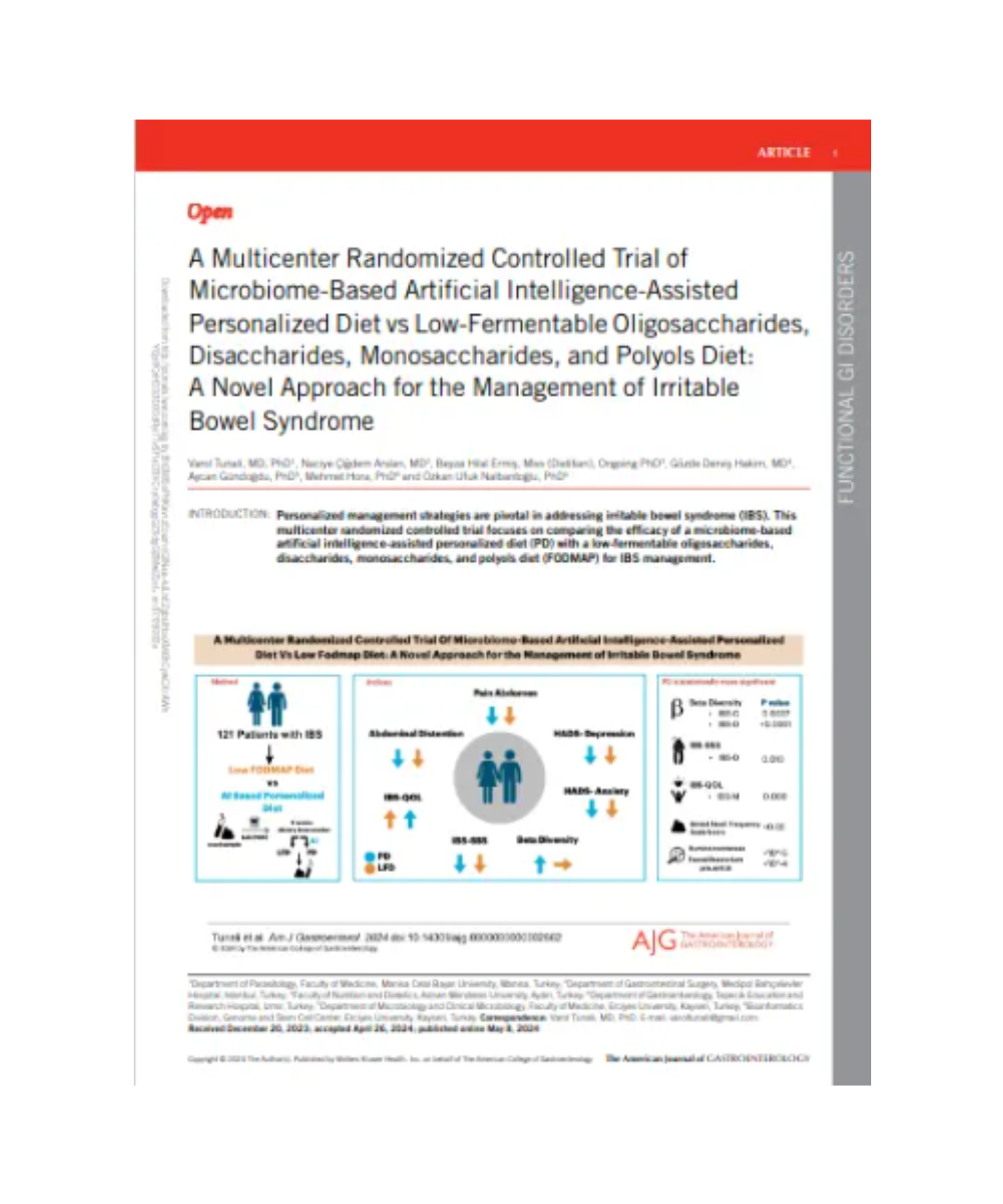
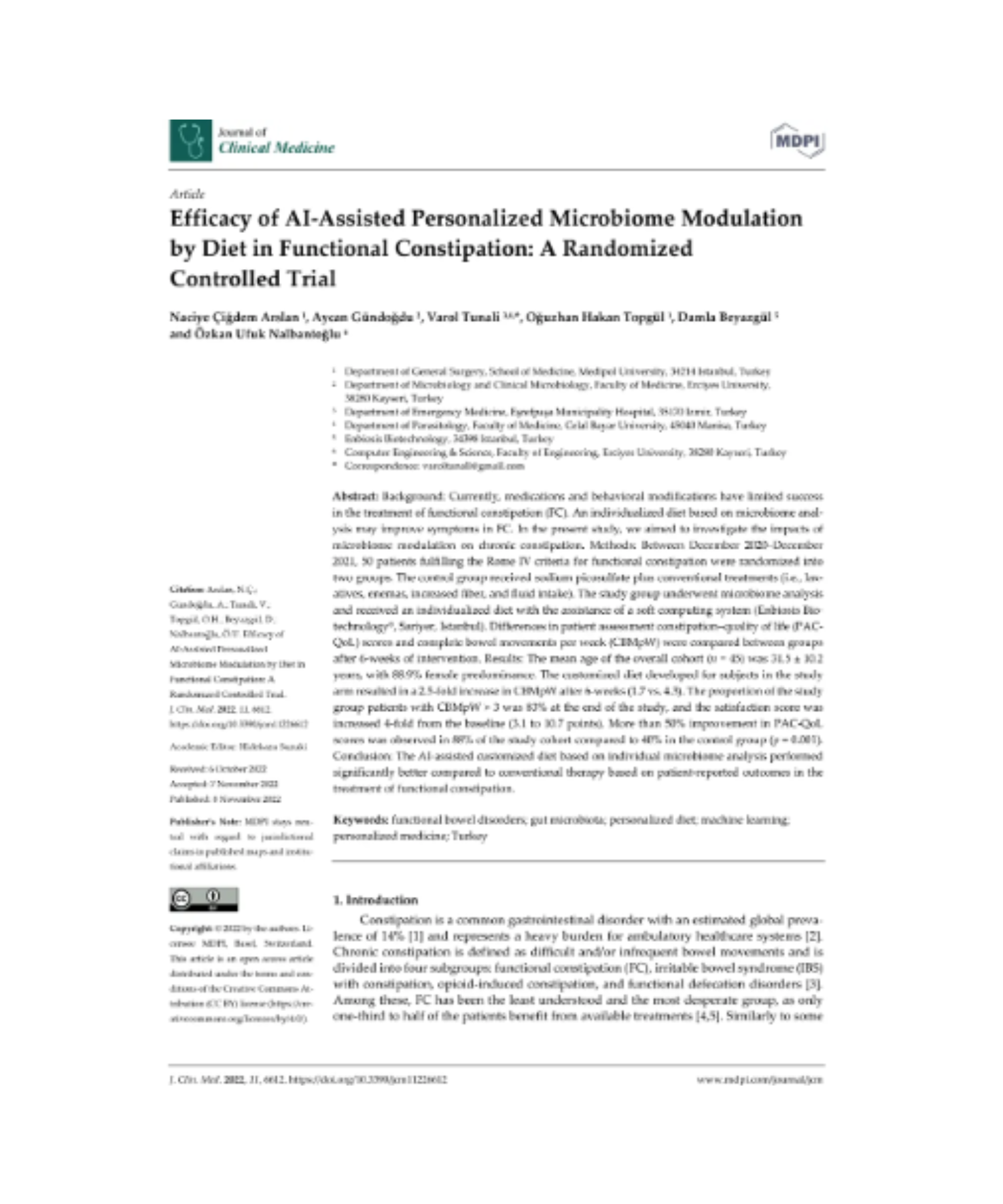
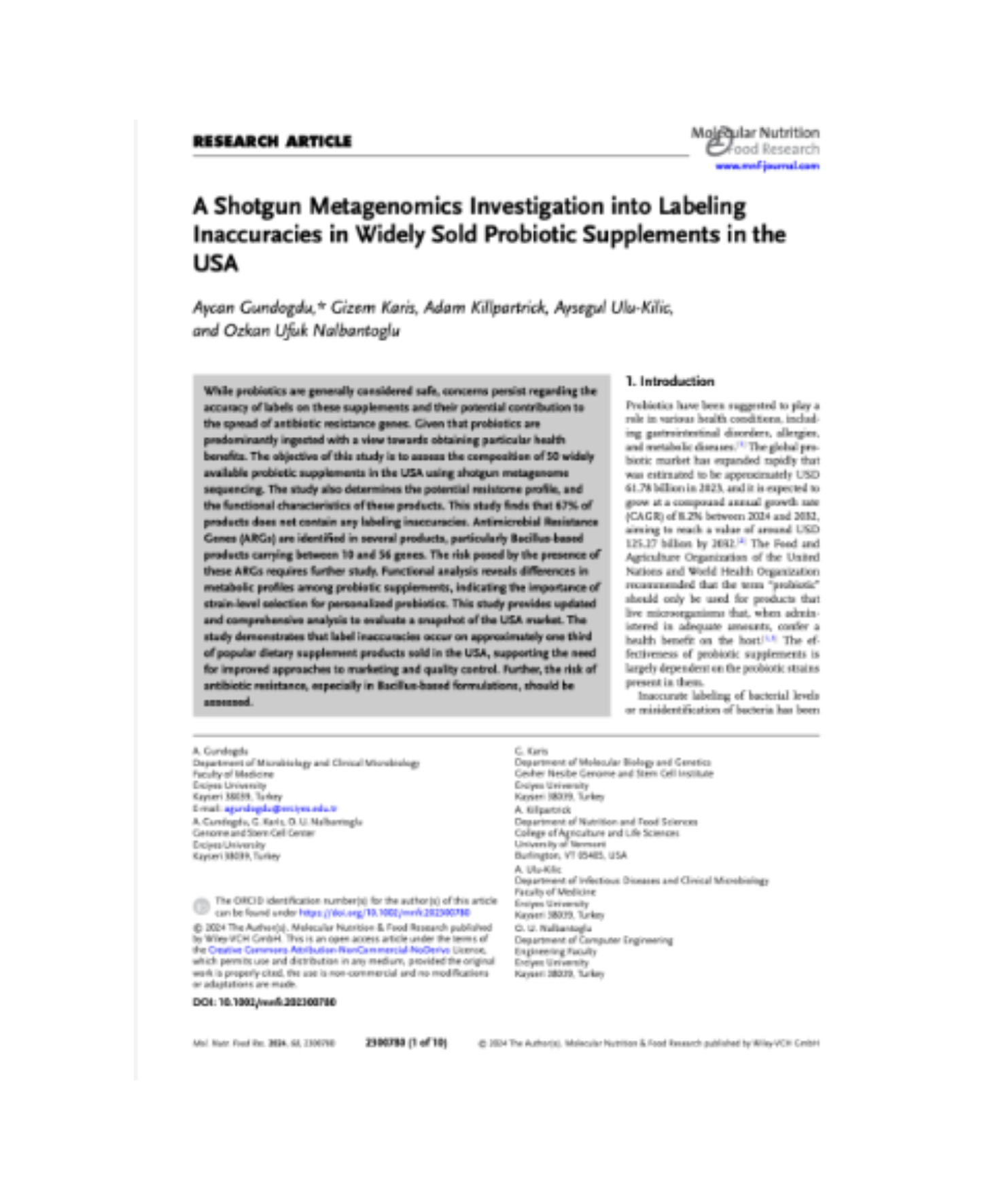
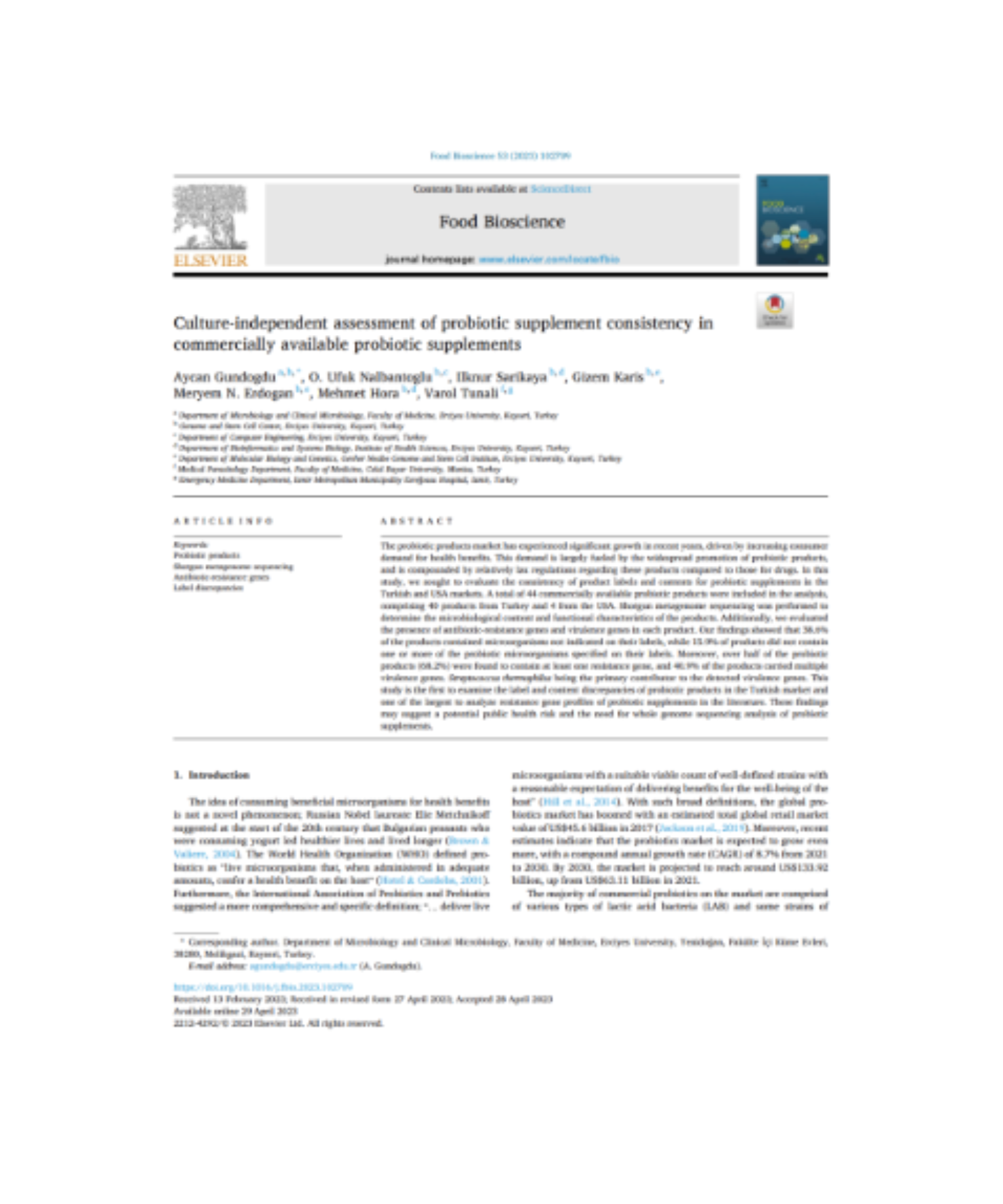
Presented at


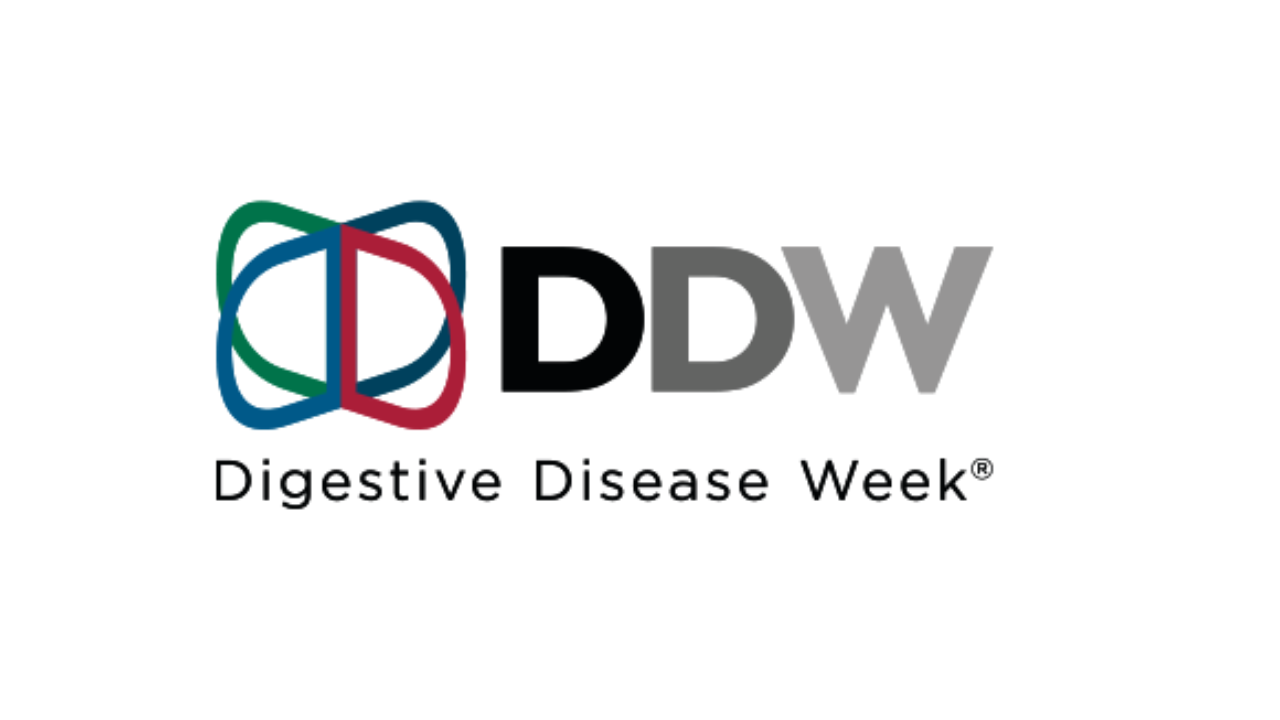

Have questions or need assistance? We’re here to help! Whether you're looking for more information about our services, partnerships, or support, our team is ready to assist you.
 . Create websites online
. Create websites online